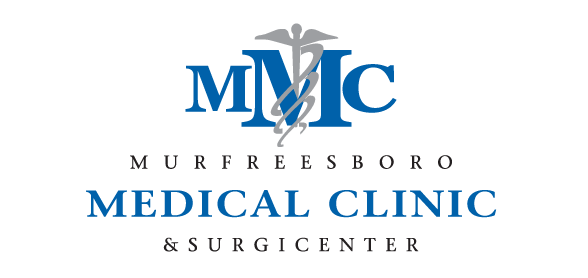Questions About Breast Cancer - A Follow Up from 'Stronger Together'
On Tuesday, October 23rd, MMC’s Comprehensive Breast Center hosted its 2nd Annual ‘Stronger TogetHER’ event. The evening featured entertainment and education, with an expert panel of MMC physicians sharing the latest recommendations for breast health and answering several questions from the audience.
Below, you will find some follow-up questions and answers that the physicians were unable to get to during the event.
Q: Does the size of the breast increase/decrease the odds for breast cancer?
A: The size of the breast actually does not appear to play a role in the risk of developing breast cancer. While you might think that larger breasts would be more likely to develop breast cancer, no large, peer-reviewed studies have supported this assumption. With that being said, we do know that obesity does play a role in the development of breast cancer. Other risk factors for developing breast cancer include smoking, heavy alcohol use, and having a positive family history of breast cancer. – Lisa White, M.D.
Q: When using tools such as the Tyrer Cuzick model or Gail model, what factors are surgeons looking for?
A: Risk assessment tools, like the Tyrer Cuzick model or Gail model, help us to better understand a woman’s personal risk of developing breast cancer. We input many factors such as your age, weight, height, family history of breast cancer, personal history of breast biopsies, age at first menstrual cycle, and age of first childbirth into these models. Then, the computer generated model calculates your individual risk of developing breast cancer. If your lifetime risk of developing breast cancer is greater than 20%, you qualify for a high risk screening protocol, which means coming in every six months for a breast exam and imaging. – Lisa White, M.D.
Q: More women seem to be diagnosed than ever before. What could be causing this?
A: We aren’t quite sure why more women seem to be developing breast cancer. So many environmental and genetic factors could be playing a role. At this time, our best way of protecting women against breast cancer is to encourage a healthy lifestyle, including regular exercise, good nutrition and smoking cessation. Also, please seek professional care right away if you have a new breast lump, unusual nipple discharge, new changes on the breast skin or any abnormalities on your mammogram or ultrasound. – Lisa White, M.D.
Q: How long is the reconstruction process?
A: No reconstruction process is exactly the same, and therefore there is not one straightforward answer here. There are many determining factors that affect the length of the reconstruction process, such as the drain duration, toleration of sizers and setbacks during recovery. – Brad Medling, M.D.
MMC’s Comprehensive Breast Center is comprised of MMC’s Radiology, General Surgery and Plastic Surgery departments. From detection to restoration, it is the MMC Comprehensive Breast Center’s promise to walk hand in hand with every patient through each individual’s health journey. To learn more about Murfreesboro Medical Clinic’s Comprehensive Breast Center visit our website, mmclinic.com, or call 615-867-8040.






